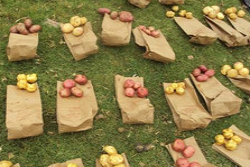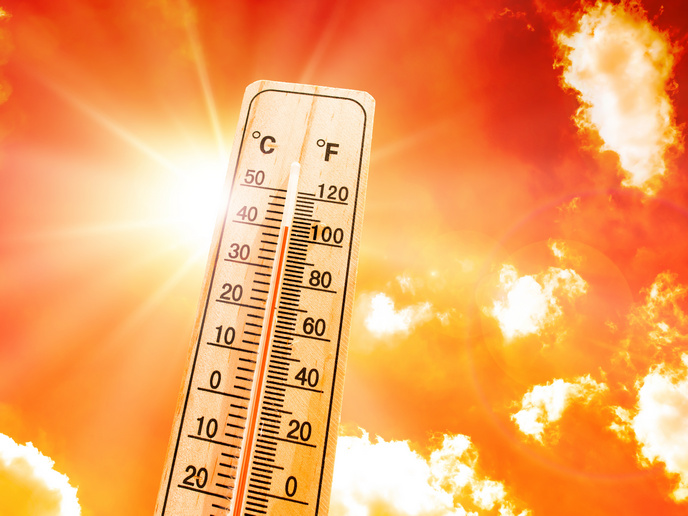Microorganisms for better potatoes
Within healthy soil there is a diverse microbial ecosystem. If this microcosm is ecologically balanced, the microorganisms will work to reduce disease, provide nutrients and overall increase the sustainability of growing crops. The EU-funded project VALORAM (Valorizing Andean microbial diversity through sustainable intensification of potato-based farming systems) developed a research programme to harness the benefits of soil microorganisms for potato growers in the Andes. The potato is highly important for the livelihoods of small-scale farmers in the central Andean highlands. The overall aim of VALORAM researchers was to achieve a sustainable, more prolific potato-cropping system for rural farmers in the Andean highlands. The team used molecular tools to identify new traits of microorganisms and characterise beneficial microbial communities to counter disease and increase crop yield. Three trial sites in Bolivia, Ecuador and Peru were selected, where bacteria and fungi were isolated and analysed for properties beneficial to the potato crop. Using this data, stock cultures of the optimal microorganisms were produced for mass propagation and release into soils. VALORAM established a genomic library as well as a database for storing environmental data from the trial plots. The project also defined a number of methods for collecting, storing and isolating bacterial and fungal species. The VALORAM project has so far increased knowledge on soil microbial flora associated with potato growing in the Andes. Ultimately, the initiative will improve the productivity of Andean farmers and consequently improve the standard of living in marginal farming areas in these mountainous regions.
Keywords
Microorganisms , potatoes, microbial diversity, farming, potato growers, Andes







